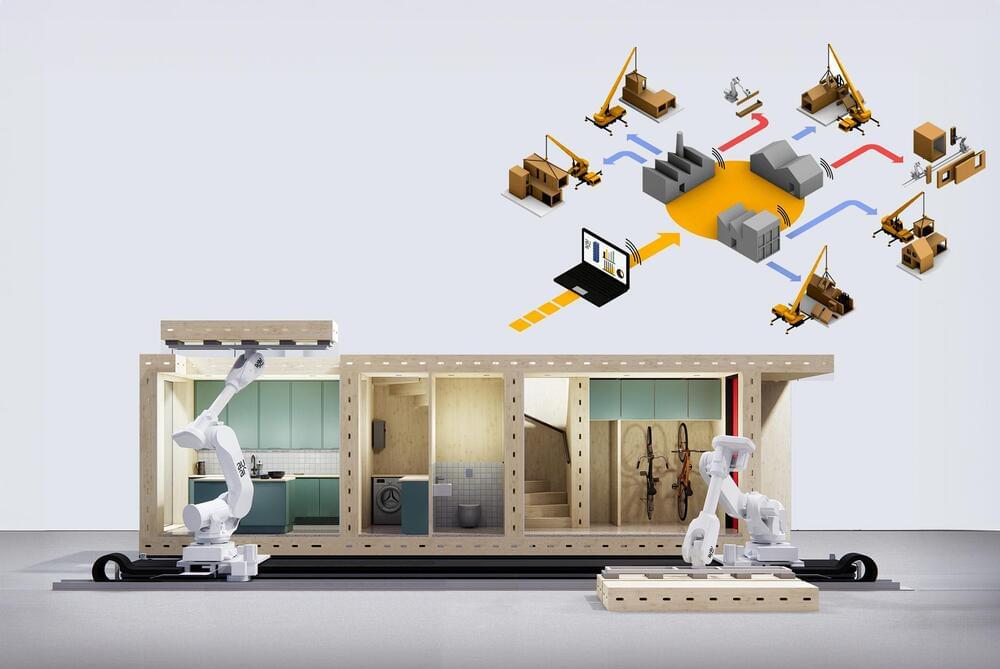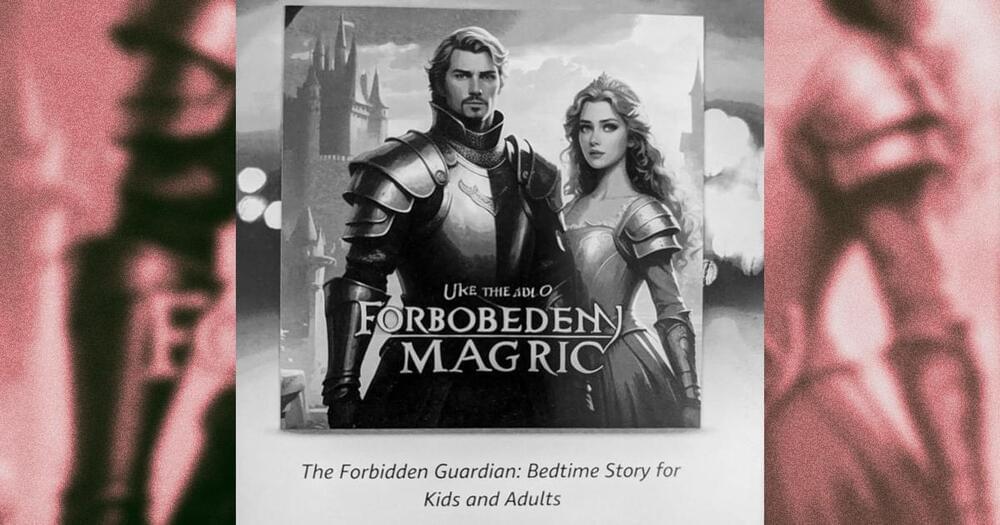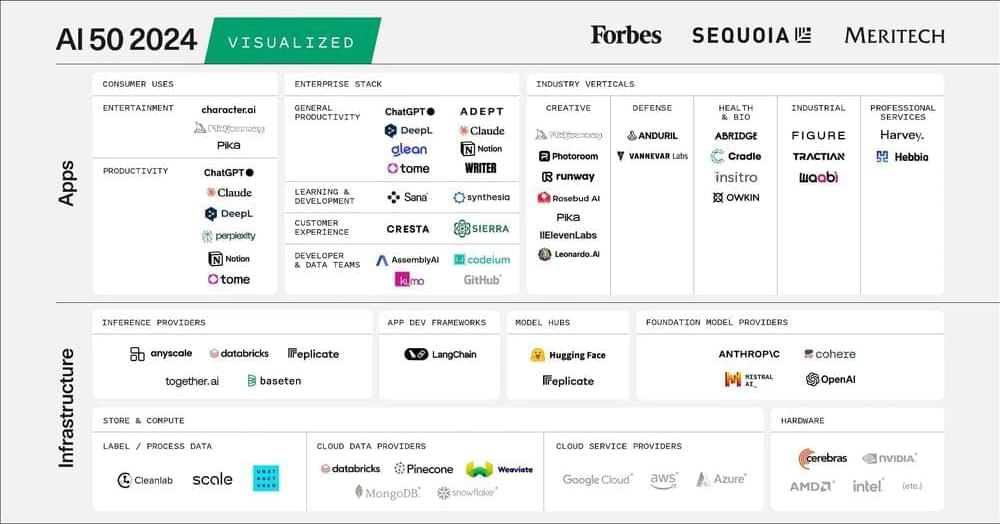The LASSIE project is preparing for a time when people and robots explore space together.
Learn more about how the #space economy can improve life on #Earth from our new insight report, ‘Space: The $1.8 Trillion Opportunity for Global Economic Growth’:
Space is approaching a new frontier. The space economy is expected to be worth $1.8 trillion by 2035 as satellite and rocket-enabled technologies become increasingly prevalent, according to a new report.
Already, space-enabled technologies drive everything from weather forecasts to the increasingly ubiquitous smart gadgets such as smart watchs. Yet space technologies are also delivering benefits to a wider range of stakeholders, with industries such as retail, consumer goods and lifestyle; food and beverages; supply chains and transport; and disaster mitigation all set to benefit from space innovations.
“Space technologies are delivering greater value to a more diverse set of stakeholders than ever before,” said Sebastian Buckup, Member of the Executive Committee, World Economic Forum. “As costs reduce and accessibility rises, these technologies could reshape whole industries, and have as much impact on business and society as smartphones or cloud computing.”









